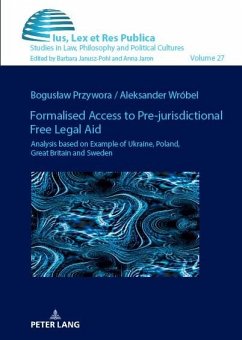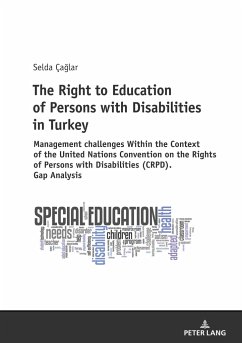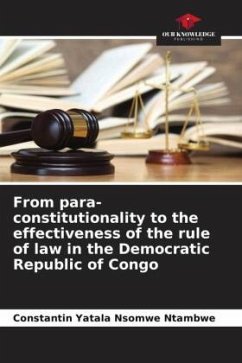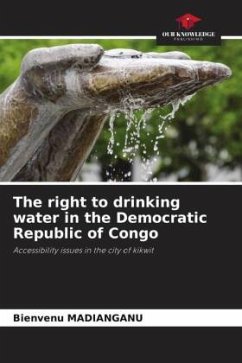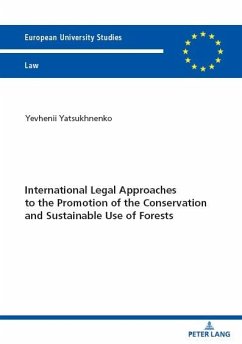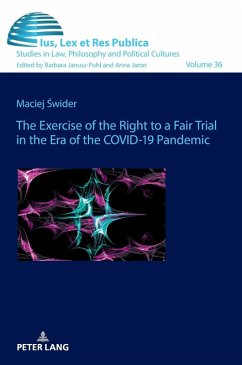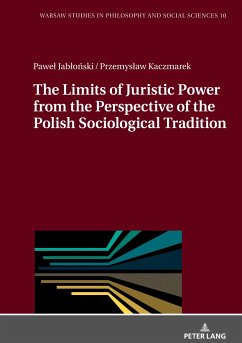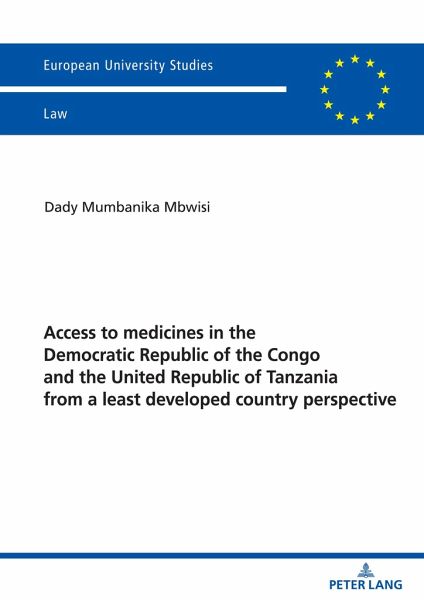
Access to medicines in the Democratic Republic of the Congo and the United Republic of Tanzania from a least developed country perspective
Versandkostenfrei!
Versandfertig in 6-10 Tagen
54,95 €
inkl. MwSt.

PAYBACK Punkte
0 °P sammeln!
There is no shortage of scholarly literature on the right to enjoy the highest attainable standard of physical and mental health (the right to health) in general. However, little research exists with a focus on the specificities of the legal framework in African countries, including an investigation into domestic constitutional and statutory regimes of these countries. Furthermore, while human rights treaties and domestic laws on the right to health do not distinguish between modern and traditional medicines, there is a shortage of studies, including monographs, on access to modern and traditi...
There is no shortage of scholarly literature on the right to enjoy the highest attainable standard of physical and mental health (the right to health) in general. However, little research exists with a focus on the specificities of the legal framework in African countries, including an investigation into domestic constitutional and statutory regimes of these countries. Furthermore, while human rights treaties and domestic laws on the right to health do not distinguish between modern and traditional medicines, there is a shortage of studies, including monographs, on access to modern and traditional medicine (TM) as part of the right to health. The present study partly fills in the gap by dealing with access to medicines as part of the right to health in two Sub-Saharan African countries, namely the Democratic Republic of the Congo and the United Republic of Tanzania. The thesis combines this general inquiry into the right to health with a specific focus on TM, including accessto traditional medicines. TM is often overlooked in mainstream scholarship despite its immense practical importance for many people worldwide, especially in the DRC and the URT. Addressing TM in the context of the human right to health and analysing its challenges from a human rights perspective constitute an essential contribution to human rights scholarship. Therefore, the study considers modern and TM as part of the right to health under the global, African continental, and SADC regional and domestic human rights law.





